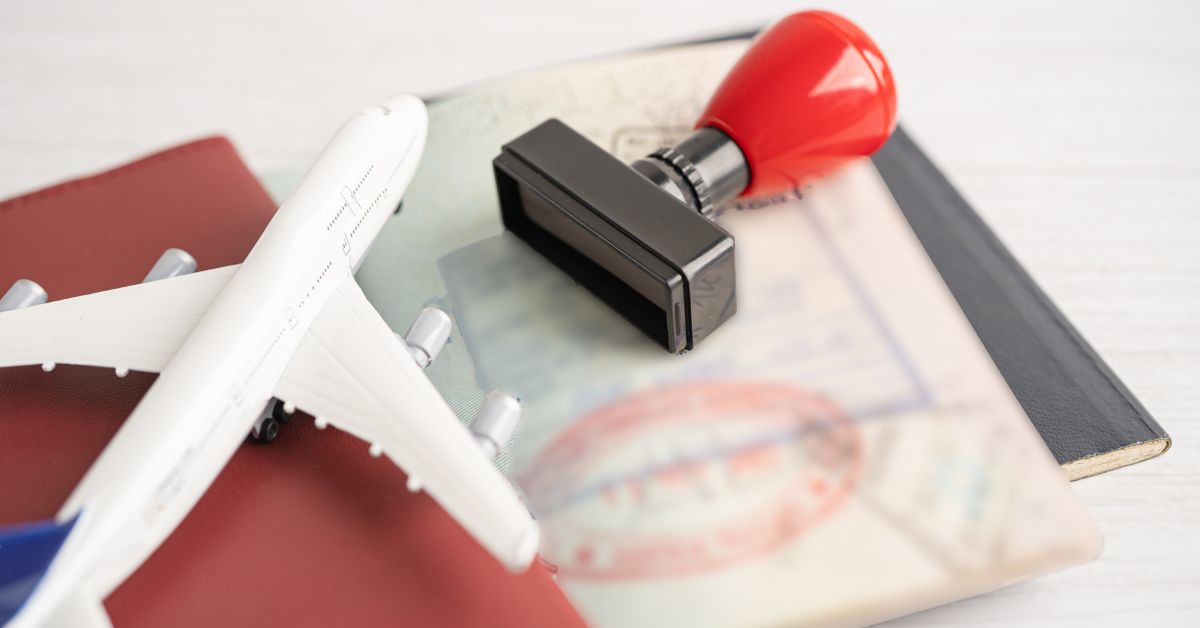Blog
Traveling to the U.S.? You Might Need to Pay Thousands Up Front
Last Updated:
August 6, 2025
Last Updated:
September 24, 2025
Blog
Last Updated:
August 6, 2025
Last Updated:
September 24, 2025

Starting August 20, 2025, some people who want to visit the U.S. for business or tourism may have to pay a visa bond of up to $15,000. This is part of a new one-year test program from the State Department.
This policy follows other recent changes made by the Trump Administration, which has continued to ramp up restrictions on travel and visa access, including a new “visa integrity fee,” renewed travel bans, and added requirements for visa renewals.
A visa bond is a deposit you pay when you apply for a U.S. business (B-1) or tourist (B-2) visa. If you follow the visa rules and leave the country on time, you get your money back. According to the new pilot program, you lose the money if you: overstay your visa, violate the terms of your visa, file an untimely change or extension of status, or fail to leave the U.S. within 10 days after a timely change or extension of status request is denied
According to the State Department, this program will apply to travelers from countries with:
So far, the government has indicated that nationals of Malawi and Zambia will be subject to this the rule, effective August 20, 2025. Additional countries may be added to the list with a 15- day notice period before the bond requirements take effect.
According to the U.S. Department of Homeland Security, Malawi and Zambia were selected for the pilot program based on the B-1/B-2 visa overstay rates reported by its most recent data published for fiscal year 2023. It is worth noting that certain countries with similar or higher visa overstay numbers have not yet been selected for the new rule, though the government is expected to add more countries to the list in the weeks ahead.
There will be three levels:
U.S. consular officers will decide how much a person needs to pay based on their travel plans, income, background, and other personal factors.
How long can visitors stay in the U.S. under this program?
Visas issued under the pilot program will be valid for a single entry to the United States with a three-month validity period. In addition, those subject to the bond may be admitted to the United States for up to 30 days and must enter and depart through specified airports chosen to participate in the program.
The bond policy is based on long-standing authority that’s rarely been used, in part because it was historically considered complicated and burdensome. The pilot program is designed to test whether requiring bonds is a practical way to reduce overstays and encourage better cooperation from foreign governments.
While visa overstays do account for a significant percentage of undocumented immigrants in the U.S., it’s important to note that only around 1-2% of visitors overstay their visas. In other words, the vast majority of people follow the rules and leave when they’re supposed to.
In short, this means it’s unlikely to make a meaningful difference in reducing undocumented immigration. The numbers just don’t support the idea and in fact, the U.S. Travel Association estimates the bond will only apply to about 2,000 travelers during the trial year.
What the policy will do is make travel to the U.S. more expensive and harder to access for people from certain countries. In some affected countries, the average annual income is significantly less than the cost of the bond. By asking visitors to front thousands of dollars, regardless of whether they pose a real risk, the Administration is sending a thinly veiled message that some nationalities are less welcome than others.
Like many moves by this Administration, this policy appears to focus more on public perception than on creating meaningful and positive immigration reform.
The visa bond pilot will run through August 5, 2026. The State Department will monitor the program’s outcomes to decide whether it should be continued, expanded, or adjusted.
Supporters say the pilot will test whether bonds help enforce visa rules. But critics argue it’s more likely to discourage travel, increase workloads for consular staff, lengthen visa wait time for affected visa applicants, strain international relationships, and unfairly burden certain applicants based on broad assumptions rather than evidence.
Travelers from countries that might be affected should watch for updates from the State Department and consider how the bond could affect their plans. If you have questions about your visa status or travel plans, contact us.